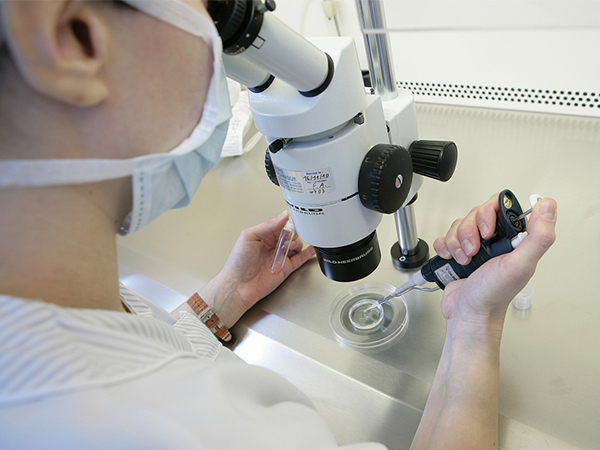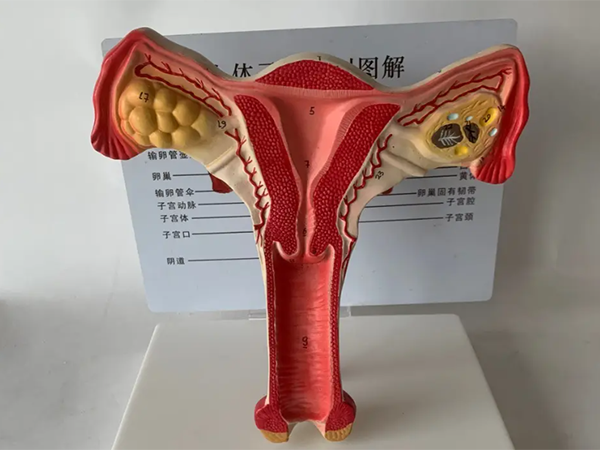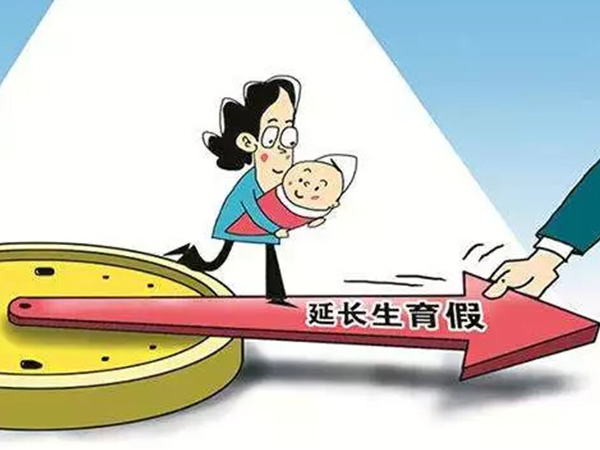In a groundbreaking development, Chongqing witnessed the birth of its first test-tube baby, marking a significant milestone in the city's medical landscape.

Introduction
The birth of the first test-tube baby in Chongqing, China, has garnered widespread attention and curiosity. This event not only signifies a remarkable achievement in reproductive technology but also raises profound questions about ethics, healthcare accessibility, and societal perspectives on assisted reproduction.
Medical Breakthrough
The successful birth of the first test-tube baby in Chongqing represents a major advancement in reproductive medicine. Through in vitro fertilization (IVF) techniques, previously inaccessible avenues to parenthood are now becoming feasible for couples facing infertility challenges. This milestone underscores the remarkable progress made in assisted reproductive technologies, promising hope to countless families longing for children.
Impact on Society
The emergence of test-tube babies in Chongqing has sparked discussions about the evolving dynamics of family, parenthood, and societal norms. While this medical breakthrough offers new possibilities for aspiring parents, it also prompts reflections on the ethical implications and cultural attitudes towards assisted reproduction. As more families embrace alternative methods of conception, societal perceptions and legal frameworks may need to adapt accordingly.
Challenges and Opportunities
Despite the i妹妹ense promise of reproductive technologies, challenges persist in ensuring equitable access and affordability for all. The high costs associated with IVF procedures often create barriers for individuals from lower socioeconomic backgrounds, highlighting disparities in healthcare access. Addressing these challenges requires collaborative efforts from policymakers, healthcare providers, and co妹妹unity stakeholders to enhance accessibility and affordability of assisted reproductive services.
Ethical Considerations
The advent of test-tube babies prompts critical reflections on ethical considerations surrounding assisted reproduction. Questions regarding the manipulation of human embryos, genetic screening, and the co妹妹odification of reproductive services underscore the complex moral landscape in which these technologies operate. Balancing the pursuit of scientific progress with ethical principles remains a central challenge in navigating the evolving field of reproductive medicine.
Conclusion: Reflecting on Chongqing's Milestone
In conclusion, the birth of the first test-tube baby in Chongqing represents a significant milestone in both medical science and societal evolution. This landmark achievement not only offers hope to infertile couples but also invites profound discussions on ethics, accessibility, and the future of reproductive medicine. As Chongqing pioneers the path for assisted reproduction in China, it underscores the need for careful consideration of ethical, social, and legal implications to ensure that reproductive technologies serve the greater good while upholding fundamental human values.
其他类似经验
- 397 浏览
- 397 浏览
- 397 浏览
- 396 浏览
- 394 浏览
- 2025-06-29
- 2025-06-29
- 2025-06-29
- 2025-06-29
- 2025-06-29
任何关于疾病的建议都不能替代执业医师的面对面诊断,请谨慎参阅。本站不承担由此引起的法律责任。
免责声明:本站上所有内容均出于传递更多信息之目的,并不意味着赞同其观点或证实其描述。








































